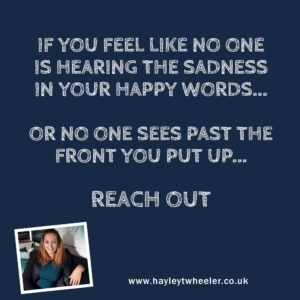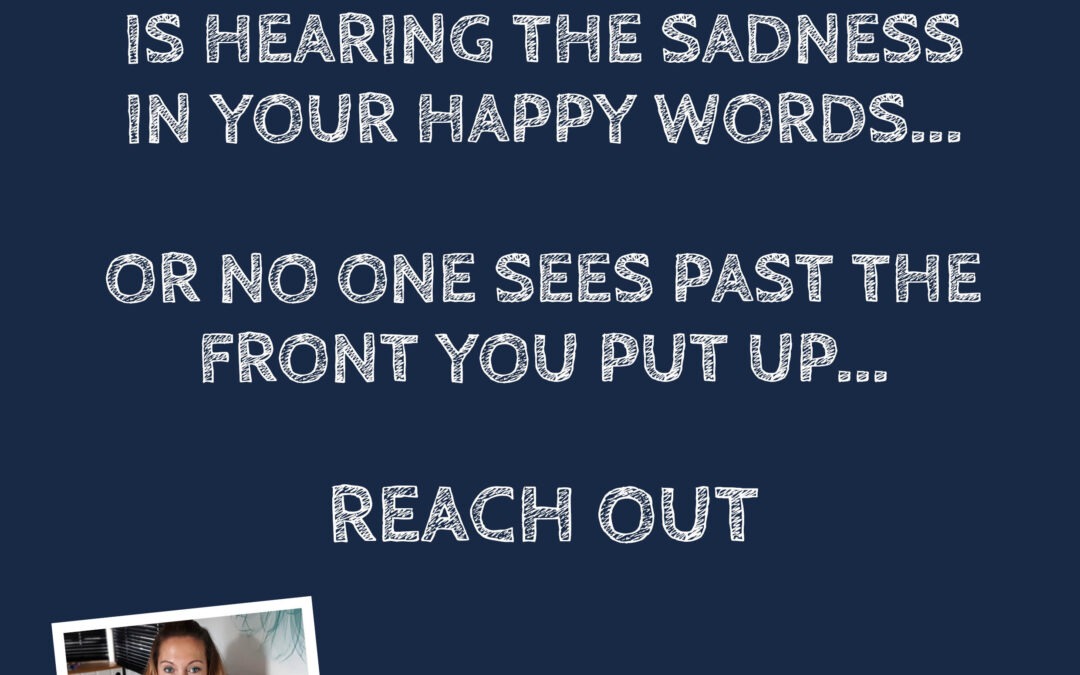Is bullying ever acceptable?
If you’ve ever been told that your bully’s behaviour is acceptable by way of actions taken by the person you reported it to, it can be as soul destroying as the bullying.
I have worked with a number of children whose teachers have brushed off the name calling, saying it’s just banter not understanding the impact of their words. I’ve worked with adult victims of bullying who have been told it will be taken care of but nothing is done, they are left to pick up the pieces or leave the organisation. They are already feel disempowered by the bully. So for someone not to believe them or to play it down reinforces the message they are not worth stepping up for – it is quite heart breaking.
It’s tough enough to reach out and tell someone. To be rejected or made to feel like it was nothing or your fault is extremely damaging. We have to remember bullies are clever in their behaviour, strategic even. They learn to do damage with little effort, they break down self esteem and confidence with powerfully negative words, name calling, jibes, ‘banter’, with a little laugh others can be convinced that it wasn’t meant to be mean. They hone their skills, they choose their victims well. They do it out of sight or they convince others that it is deserved, or not meant to be hurtful.

What Bullying sounds like
Some common camouflage used for verbal bullying sound like ‘you’re being too sensitive’ or ‘can’t you take a joke?’, ‘I didn’t mean anything by it’, ‘look everyone else thinks it’s funny’. Ultimately people don’t want to believe that they might be friends with a bully or they might be turning a blind eye to bullying. So they can get on board with the idea that someone is too sensitive, or not seeing the funny side, but they do not want to admit to the bullying.
We all know that one person who has too much power, the one that can say or do anything they want. ‘Well that is just how they are and everyone should ignore them’. Their behaviour is normalised and excuses made. Their words and actions are overtly bullying, but not seen as such. Others have complained to the management but nothing is done, even though they see it too. This person has become bigger than the organisation – if management can’t implement policies and procedures, everyone else has to suffer. That one person flexes their muscles if anyone dares to challenge them, and the organisation bows down.
Imagine the powerlessness of the bullied children or adults in the above situation. Many victims already ‘shut up and put up’ and something like this empowers the bully and disempowers the victim.
Things you can do if you are being bullied:
• Keep a record of dates, times, what happened / what was said, where you were and who was there.
• Take photos of any bruises or injuries
• If it is safe to do so, let them know that you recognise what they are doing and it is not acceptable
• Take back your power, surround yourself with friends, avoid problematic areas, walk away where possible
• Tell someone you trust
Things you can do if you know someone is being bullied:
• Let the victim know you have seen the bullying
• Make it clear that bullying is not acceptable
• Listen to them if they need to talk
• Tell a teacher / manager / HR
If someone reaches out to you to let you know they are being bullied:
• Acknowledge their thoughts and feelings
• Listen to what they have to say
• Check you understand what they are saying
• Keep a record of the conversation(s)
• Ask them what outcome they want
• Don’t make promises
• Follow policies and procedures (if relevant)
• Take the appropriate action
Further help and advice:
The Samaritans can offer support 24 hours a day on 116 123, or on jo@samaritans.org
Childline offer advice on a wide range of issues, and can be reached on 0800 11 11
Bullies Out have dedicated, trained e-mentors who you can speak to over email, on mentorsonline@bulliesout.com
The National Bullying Helpline can be reached on 0845 22 55 77
#AntiBullyingWeek runs this week and is organised by https://www.anti-bullyingalliance.org.uk/ – free CPD training and resources for schools, parents and teachers.

